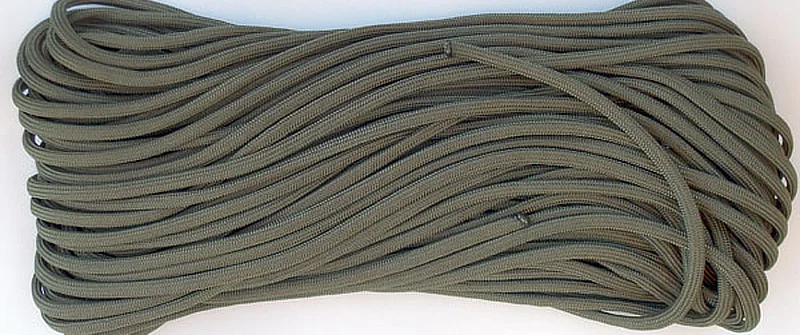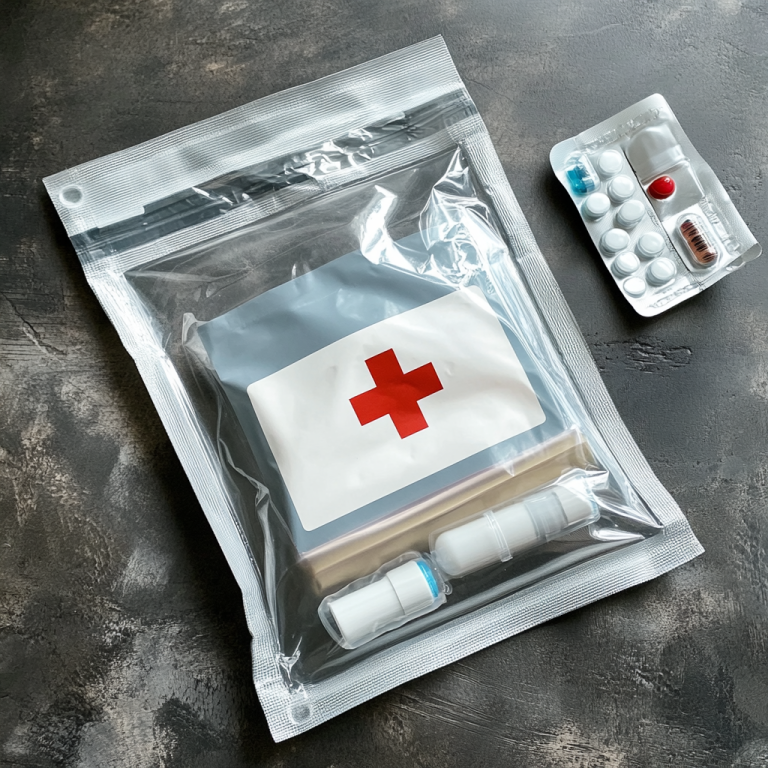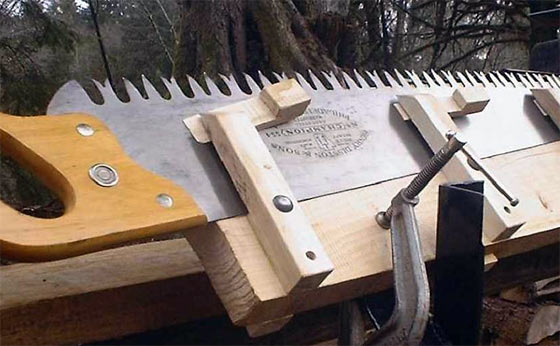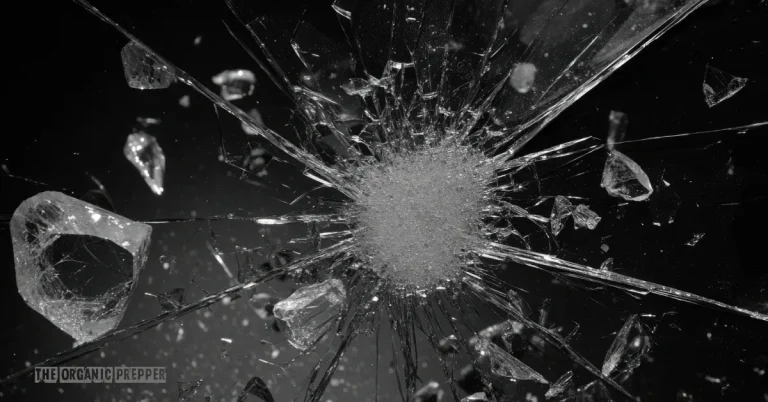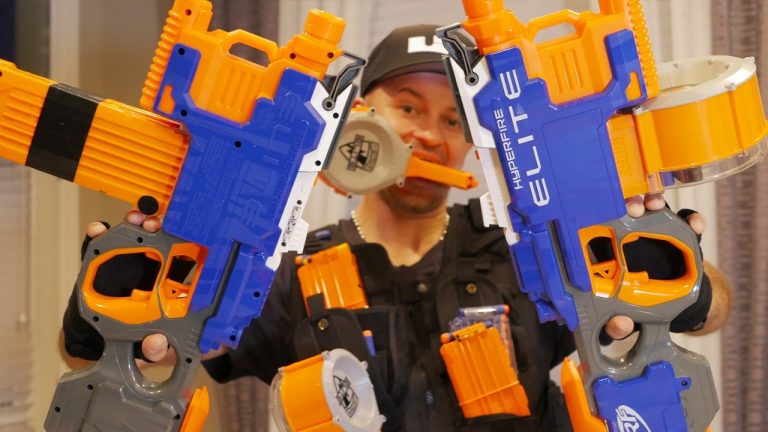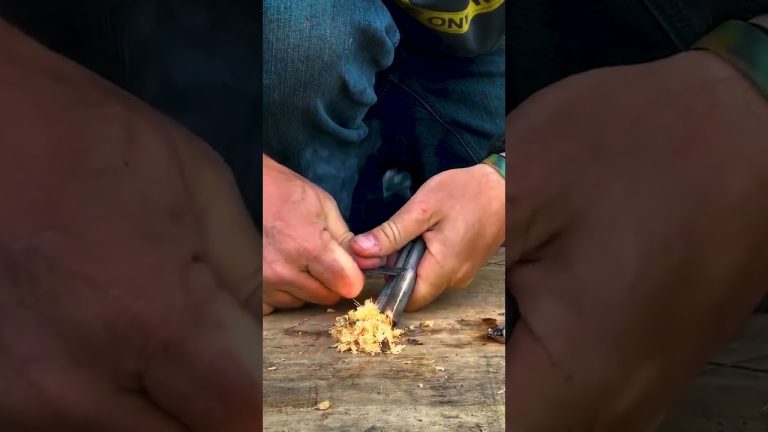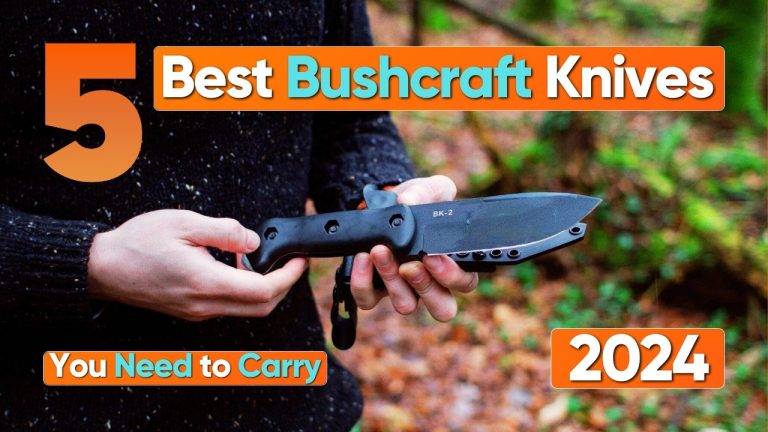Paracord is a highly versatile multi-filament nylon cord with nearly unlimited uses, applications, and benefits, and it is pretty much a “must-have” for prepping and preparedness (or anyone!). To say paracord has many uses is an understatement. It’s like the duct tape of cordage!
Here are more details about this amazing cord and its many uses.
Paracord and What it’s made of
Real Paracord has seven strong nylon cords inside. Each of these seven cords is made of several smaller woven strands. All of these interwoven strands /cords are wrapped in a flexible outer braided nylon wrapper.
The combined breaking strength of a real paracord is 550 pounds. For this reason, some call it ” 550 cord “.
Rothco (100? shank)
(amzn)
Having recently purchased another 1,000-foot roll, here’s a good supplier of paracord, Made in the USA…
1,000 Foot Spools
(amzn)
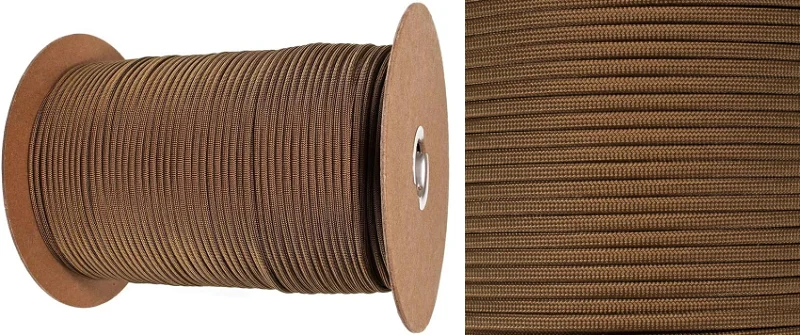
The History of Paracord
The cord was first introduced and applied in parachute construction during WWII. However, this paracord was quickly recognized for its use in other tasks too. Today it is used by both military and civilians for countless general purpose tasks.
There are many copies in the civilian market today. But true military grade cord will be designated MIL-C-5040 Type III and rated for 550 pounds.
Genuine MIL-SPEC MIL-C-5040
Type III Paracord has 7 inner yarns, each made up of 3 strands.
Commercial/Civilian 550 paracord
Imitations might not have 7 inner yarns or the inner yarns might not have 3 strands each.
“According to the actual Mil-C-5040 government document, 550 type III Paracord should be made up of between 7 and 9 strands and each strand shall be 3-ply.”
That said, much of the paracord on the civilian market is still very good. Just be sure that there are 7 inner yarns (some have 5) if you’re looking for higher strength.
It is apparently fairly difficult to find the real Mil-spec paracord with 7-inner yarns AND with each yarn consisting of 3-ply (3-strands) (most are 2-ply, which is still very good for most all purposes).
Military-specification type III cord may be slightly thicker than commercial grade due to it often requiring three nylon fibers per inner core as opposed to the two fibers per core of the commercial version.
Military cord will be closer to a 4 mm thickness, whereas commercial versions are closer to a 3 mm thickness. This will also vary if the Type III uses 7, 8, or 9 inner cores.
The most common on the commercial market is a 7 core. While the US military has no overall diameter requirements in its specifications, in the field Type III cord typically measures 5?32 inch (4 mm) in diameter.”
3MM = 0.11811 inch, 1/8 inch = 0.125 So in actuality typical Commercial Paracord is less than 1/8 inch.
Mill-Spec Paracord 4MM = 0.15748, 5/32 = 0.1563 So in all actuality Mil-Spec is not 5/32 it is 3.97002 MM
Paracord Colors
The cord comes in a variety of colors and lengths. Note that the ends should be burned or singed when cut to prevent fraying. Also, the inner strands can be easily pulled out for many additional uses.
Paracord Inner Strands:
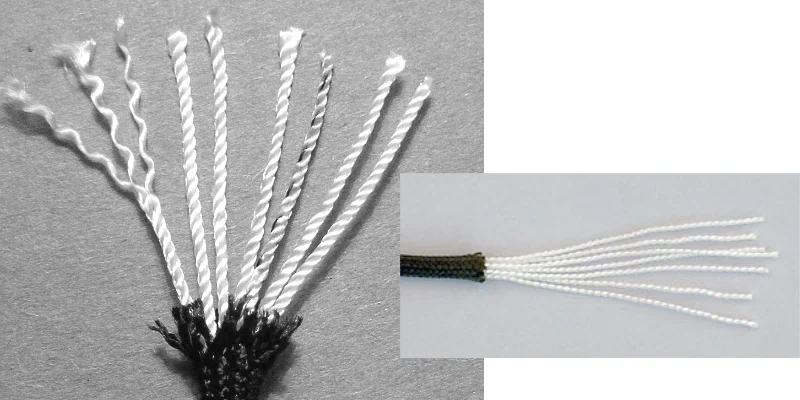
Benefits of Paracord
Strength
(Approximately 1/8 inch diameter cord, and an incredible breaking strength of 550 lbs.)
Durability
Paracord can be used over and over again while remaining flexible and durable.
Light Weight
(The Mil specification requires that 225 feet of cord weigh 1 pound or less)
Water and Mildew Resistant
(Outside elements are not a problem and it will dry very quickly)
Inner Strands
(The unique ability to remove the inner strands makes this cord extremely versatile)
Uses of Paracord
The list is really endless and up to your imagination, but a few ideas include the following:
Braiding for even more combined strength
Tent and Pole support, building shelters
Clothes Line
Tow Line
Tarp Tie Down
Equipment Guy-lines
Pack Strap, Fasten, lash, and secure gear to backpack
Shoe Lace, Boot Lace
Garden Lines
Shelter Making
Fire Bow
Lanyard
Survival kit
Knife Handle Wrap
Lifeline – it will support the weight of a human
Livestock leads and dog leashes
Bowstring
Wrapping fixed-blade knife handles
Wrap handles on walking sticks
I mean really, the uses of paracord are nearly endless…
Inner strands: sewing, fishing, trapping snares, dental floss, emergency stitches (boil first)
TIP: To avoid a tangled mess of a long length of paracord – of which you might cut off shorter lengths as needed, I buy mine in 1,000-foot spools and simply roll off what I need. I very much recommend this method.
[ Read: Survival Kit Paracord – How Much To Include Or Take With You? ]







